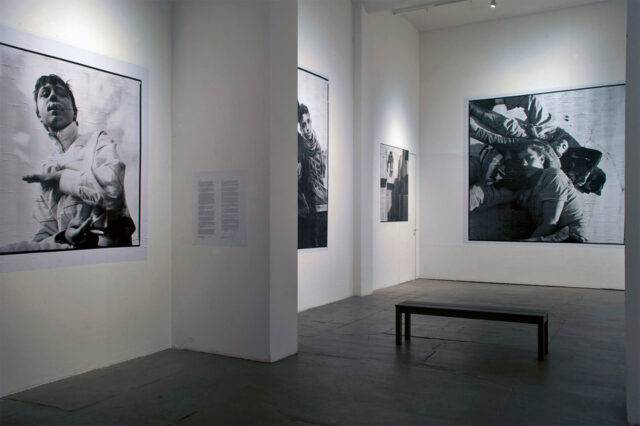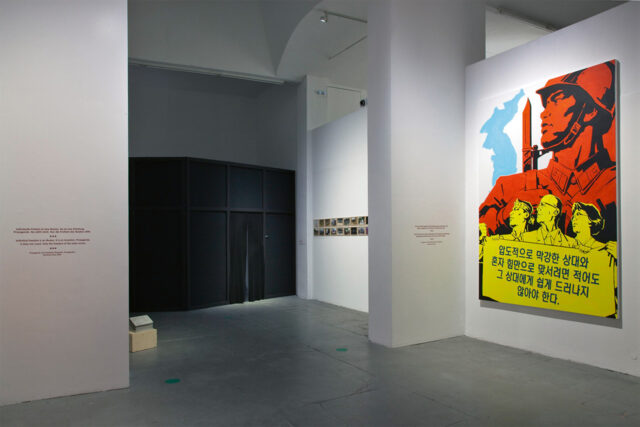
Charlotte Menin, Les Enfants de la Frontière Sud, 2020, Foto: Charlotte Menin

Facing North Korea, 2018, Foto: Bernhard Draz

Charlotte Menin, Les Enfants de la Frontière Sud, 2020, Foto: Charlotte Menin

Facing North Korea, 2018, Foto: Bernhard Draz